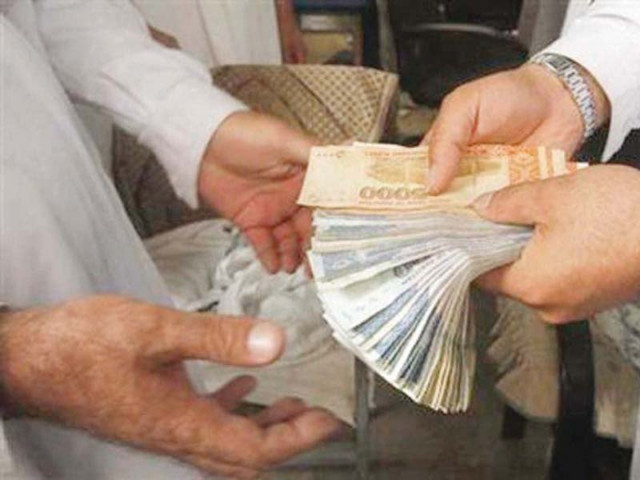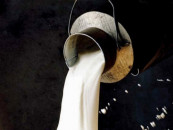PM to unveil tax amnesty scheme today
Scheme designed for both filers and non-filers of income tax returns

In what is being called an attempt to bring people into the tax net, Prime Minister Nawaz Sharif will announce on Friday his second tax amnesty scheme in as many years, which will also allow taxpayers to legalise their black money by paying a nominal 1% tax.
The amnesty scheme has been designed for non-filers of income tax returns as well as those who file the returns but underreport the income to evade taxes, showed the draft of the Income Tax (First Amendment) Bill 2016.
Amnesty package: Tax scheme to legalise hidden assets on the cards
The draft indicates the government will not be able to get maximum benefits, as it is offering incentives without proposing penalties on those who will opt to stay out of the tax net.
However, it has restricted the scheme to only the income from business while excluding earnings from profit on debt, dividends and property income.
Contrary to parliamentary norms, the government has kept the option open through the bill that it could amend the scheme without consulting parliament.
At present, less than 1 million people file income tax returns and the Federal Board of Revenue hopes the new scheme will add at least 1 million more people.
Backed by Shahbaz, traders seek tax amnesty scheme
Special Assistant to Prime Minister on Revenue Haroon Akhtar Khan and top tax consultant Ashfaq Tola had briefed the International Monetary Fund about the tax amnesty scheme in early December. However, the final version of the scheme is different than the one presented in the briefing.
In November 2013, Prime Minister Sharif had also offered industrialists an amnesty scheme to legalise their black money up to Rs10 million in the name of increasing investment and broadening the tax base. However, neither the tax base expanded nor the investment picked up.
Two years down the line, the premier is going to unveil another amnesty scheme to broaden the tax base. However, those who are already filing tax returns will equally benefit from the scheme, which will be implemented through an Act of parliament.
“The bill will be tabled in the National Assembly on Friday,” declared Finance Minister Ishaq Dar.
Return filers
According to the proposal, the traders who file income tax returns will be allowed to revise previously filed returns in order to declare the hidden income. They are required to pay a 10% higher tax than the tax paid according to the original return. In case of hidden untaxed income, the filers will declare the income by paying 1% income tax.
More people on airplanes right now than taxpayers in Pakistan
The government has proposed exemption from audit for those who will avail themselves of the amnesty scheme. Their names will not be included in computer balloting for the selection for audit.
The tax filers can only benefit from this if they pay 25% more tax in 2015 than the amount paid in 2014. Turnover tax should not be less than Rs30,000 for qualifying for the scheme. Moreover, they will also be required to pay 25% higher tax for tax years 2016, 2017 and 2018.
Non-filers
The prime minister will offer non-filers an opportunity to enter the tax net. According to the proposal, they will be able to legalise up to Rs50 million worth of hidden working capital by paying 1% of the declared amount in tax.
However, in 2016, the non-filing traders will have to declare three times more turnover than the one declared for availing of the scheme.
The government has also given a special treatment to assessment of future incomes of the traders in a bid to address their concerns over harassment at the hands of taxmen.
In case the turnover is not more than Rs50 million, the traders will pay 0.2% tax and when the turnover is more than Rs50 million but less than Rs250 million, they will pay Rs100,000 plus 0.15% of the excess amount. If the turnover exceeds Rs250 million, the traders will pay Rs400,000 plus 0.1%.
Published in The Express Tribune, January 1st, 2016.
Like Business on Facebook, follow @TribuneBiz on Twitter to stay informed and join in the conversation.



















COMMENTS
Comments are moderated and generally will be posted if they are on-topic and not abusive.
For more information, please see our Comments FAQ